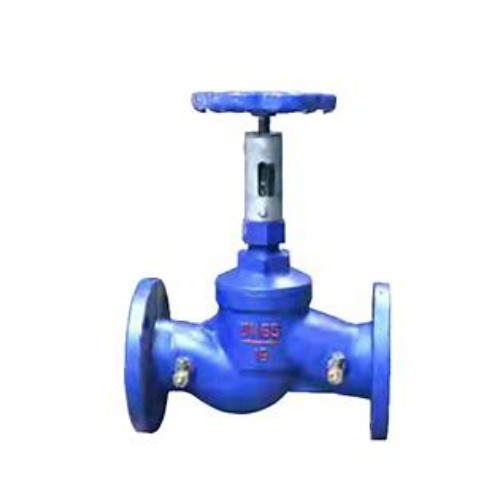High-Quality SS316 Needle Valve Manufacturing for Precision Control Applications in Various Industries
Understanding the Needle Valve SS316 and Factory Processes
Needle valves are a vital component in fluid control systems across various industries, including oil and gas, chemical processing, and pharmaceuticals. Among the various materials used for manufacturing these valves, SS316 (stainless steel 316) is particularly prized for its excellent corrosion resistance and durability. This article explores the features of needle valves made from SS316, their importance in industrial applications, and the manufacturing processes involved in creating these essential components.
What is a Needle Valve?
A needle valve is a type of valve used to regulate flow in a precise manner. Its design includes a slender, tapered needle-like plunger that can be adjusted to control the opening size and, consequently, the flow rate of the fluid passing through the valve. This feature makes needle valves ideal for applications where flow needs to be finely controlled, such as in laboratory settings or sensitive industrial processes.
Advantages of SS316 Material
Stainless steel 316 is an austenitic chromium-nickel stainless steel with added molybdenum, enhancing its resistance to corrosion, particularly in harsh environments. Here are some of the key benefits that make SS316 a preferred material for manufacturing needle valves
1. Corrosion Resistance SS316 excels in resisting pitting and crevice corrosion, especially when exposed to chlorides. This makes it suitable for saltwater and chemical processing applications.
2. High Temperature and Pressure Resistance The mechanical properties of SS316 allow it to withstand high temperatures and pressures, making it reliable in extreme operating conditions.
3. Durability With its excellent wear and tear resistance, SS316 needle valves have a longer lifespan compared to those made from lower-grade materials.
4. Hygienic Properties The non-porous surface of SS316 makes it easy to clean and maintain, meeting the stringent hygiene standards required in the pharmaceutical and food industries.
needle valve ss316 factory

Manufacturing Processes
The manufacturing of SS316 needle valves involves several crucial steps to ensure high-quality products that meet industry standards. Here’s an overview of the common processes used in factories
1. Material Selection and Sourcing The first step is selecting high-grade SS316 material. Reputable suppliers ensure that the stainless steel meets international standards for quality and consistency.
2. Machining Precise machining processes are employed to shape the various components of the needle valve, including the body, needle, and seat. CNC (Computer Numerical Control) machinery is often used to achieve the required tolerances and surface finishes.
3. Assembly After machining, the components are assembled. Each valve is carefully put together to ensure the needle fits perfectly within the seat, allowing for accurate flow control.
4. Quality Control Rigorous testing and quality control measures are implemented at various stages of production to identify defects. This may include pressure testing and visual inspections to ensure that the finished product meets required specifications.
5. Surface Treatment Often, needle valves undergo surface treatments such as passivation to enhance their corrosion resistance. This process removes free iron and creates a thin oxide layer that protects the stainless steel surface.
6. Packaging and Shipping Once the manufacturing process is complete and quality control checks are passed, the needle valves are packaged for shipping. Proper packaging is essential to prevent damage during transport.
Conclusion
In summary, SS316 needle valves play an indispensable role in industries requiring precise fluid control. Their superior material properties make them ideal for working in corrosive and demanding environments. As technology advances, manufacturing processes continue to improve, ensuring that these essential components remain reliable and effective in serving diverse industrial needs. Investing in high-quality SS316 needle valves is crucial for any operation that prioritizes efficiency, safety, and longevity in its fluid management systems.
-
The Key to Fluid Control: Exploring the Advantages of Ball Valves in Industrial SystemsNewsJul.09,2025
-
The Versatile World of 1, 2, and 3 Piece Ball ValvesNewsJul.09,2025
-
Stainless Steel Ball Valves: The Ideal Choice for Efficient Flow ControlNewsJul.09,2025
-
Optimizing Fluid Control with Ball Float ValvesNewsJul.09,2025
-
Manual Gate Valves: Essential for Control and EfficiencyNewsJul.09,2025
-
Everything You Need to Know About Butterfly ValvesNewsJul.09,2025
-
The Versatility of Wafer Type Butterfly ValvesNewsJul.08,2025




